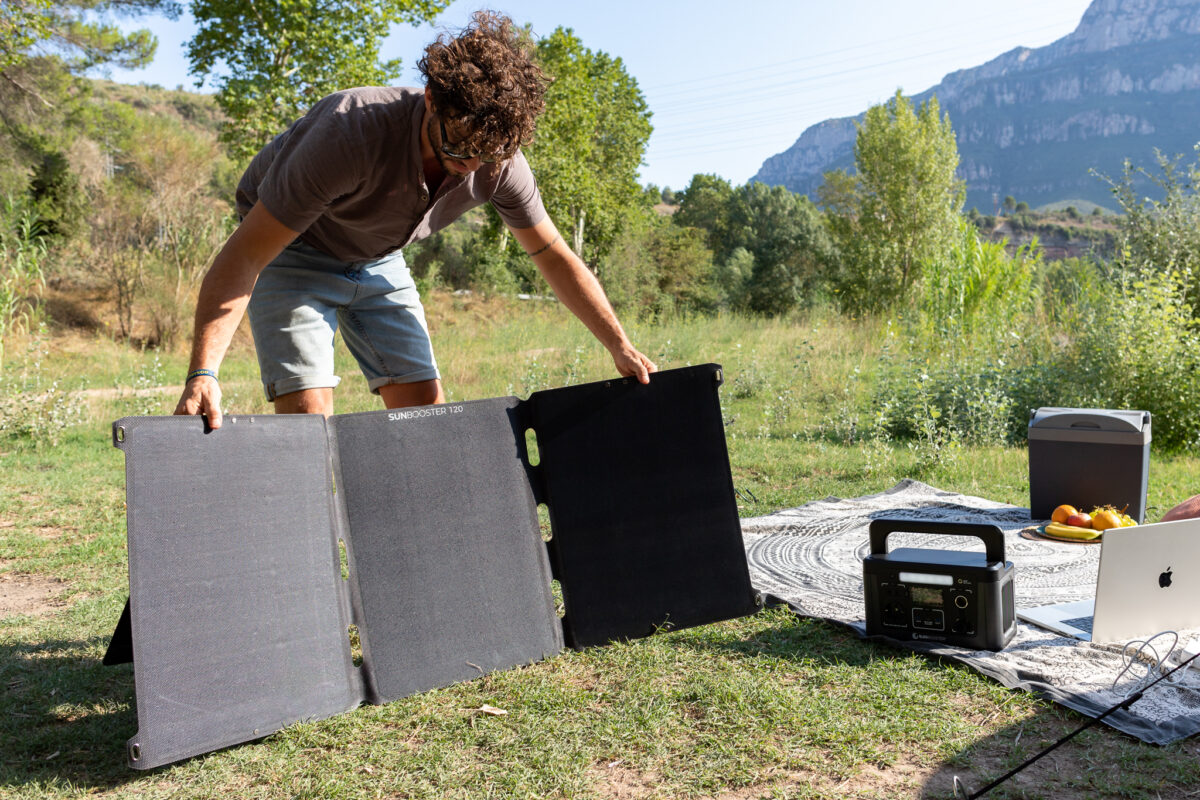The current project stems from the ESA BIC programme (2022-2023), which focused on developing 10x10 cm CubeSat modules, engineered for harsh conditions in space, particularly on LEO satellites. Within the project the modules' coating and encapsulation has been enhanced and tests evaluating stiffness, UV resistance, and durability against environmental factors have been conducted. Recognizing the potential for terrestrial use, SUNBOOSTER aims to adapt this solar technology for household energy self-sufficiency, targeting homeowners seeking independence from the public power grid. The project involves integrating these space modules into home settings. Supported by ESA Spark, SUNBOOSTER plans to validate market demand and user benefits, engaging in prototyping, collaborating with early adopters, and integrating feedback into product refinement. The goal is to prepare for commercialization and launch this innovative solution into the consumer market by the end of 2024.

USP
The USP of the project lies in transferring the positive attributes of the LEO modules, such as extreme weather resistance and an optimized power-to-weight ratio, to benefit users on Earth.
Target market
The target market comprises households in the DACH region, who are looking to expand their houses’ energy self-sufficiency and are eager to use innovative solar solutions to profit from the power of the sun.
Space connection
SUNBOOSTER’s solar innovation adapts solar modules originally developed for LEO satellites to terrestrial applications,